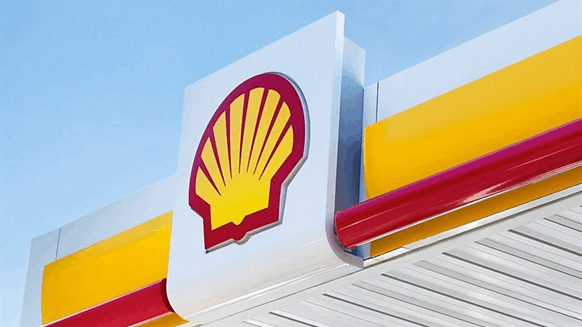After a slow start to the year, Shell posted profits of $39.9 billion in 2022, double the previous year and the highest in its 115-year history.
Shell’s fourth-quarter adjusted net income of $9.81 billion was well ahead of the average analyst estimate of $7.97 billion compiled by the company. It made a profit of $39.87 billion for the full year, surpassing the previous record of $28.4 billion set in 2008.
The oil major kept up its share buyback pace by announcing another $4 billion in buybacks in the coming months and followed through with an expected 15% dividend hike. Shell also used some of the cash it earned to get its balance sheet in shape by reducing its gearing, a measure of net debt relative to its value, to 18.9%, the lowest since 2015.
Although Shell was probably very happy with its results, its earnings provoked British politicians, trade unions and political analysts. They are outraged that the oil company made so much money while customers struggle with the cost of living due to rising energy prices.
“These obscene benefits are an insult to working families. As households up and down the UK struggle to pay their bills and make ends meet, Shell is enjoying a cash bonanza. The time for excuses is over. The government needs to impose a higher tax on energy companies. Billions are left on the table.”
“Instead of withholding the pay of paramedics, teachers, firefighters and millions of other struggling public servants, ministers should make Big Oil and Gas pay their fair share. There is nothing stopping Rishi Sunak and Jeremy Hunt to make this political decision,” TUC general secretary Paul Nowak said.
The Trade Union Congress (TUC) brings together 5.5 million workers who make up our 48 member unions.
Another criticism concerns how Shell invests its money, mainly in terms of investments in low-carbon options.
“While Shell will pay higher taxes this year, the profits should also be invested in low-carbon domestic energy alternatives. Mini nuclear reactors and community renewables, for example, can be deployed quickly and cheaply. Investment can also be directed at cleaning up bad industry practices, such as toasting, which opens up significant potential for waste reduction.”
“Every effort must be made to engage and audit the major players in clean energy investment. Improving this supply and reducing energy use will be key to navigating the continued uncertainty in the coming months,” Simon Tucker , Global Head of Energy, Utilities and Resources at Infosys Consulting.
Another comment came from Ed Miliband, Labor’s shadow climate change and net zero secretary: “As the British people face a 40% energy price rise in April, government is letting fossil fuel companies make huge profits from their refusal. to implement a proper windfall tax. It is only right that companies that make windfall profits from war profits pay their fair share.”
Shell paid $100 million in windfall taxes in the UK last year and expects that to reach $500 million by 2023. Regardless, people are still calling on the supermajor to do more to help fund workers’ pay rises of the public service, who have been on strike. in recent months seeking higher wages.
“Payers will be appalled to learn that oil giants like Shell are still seeing sky-high profits. The sheer scale of this transfer of wealth from bill payers to shareholders is inexcusable and demands government action,” he said. said George Dibb, head of the Center for Economic Justice at the Public Policy Research Institute, a left-leaning think tank.
To contact the author, send an email to bojan.lepic@rigzone.com


